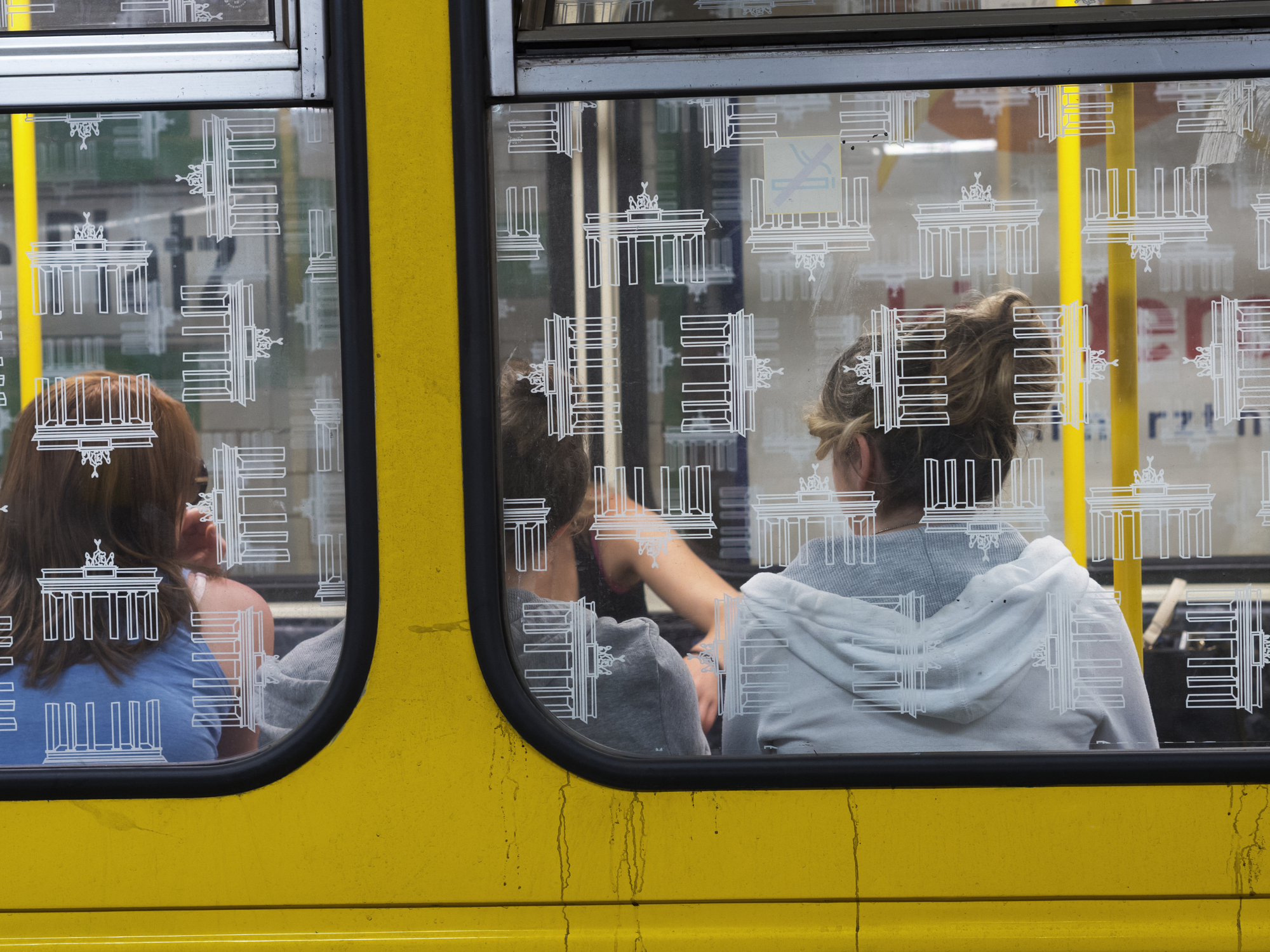The constitutional court of Berlin has green lighted a planned citizens’ petition to limit drastically the use of private cars in the German capital, including a limitation on private car use to 12 rides per person per year.
The decision ended a three-year dispute after the city government had deemed the legal changes pursued by the petition’s supporters unconstitutional and had referred the petition to the constitutional court.
On June 25, the nine judges ruled with an eight to one majority that the petition was lawful. Court president Ludgera Selting said the court did not need to rule on whether the proposed law was appropriate, adequate and practicable, just whether it was within the boundaries set by German law, which was the case.
The city had argued that the proposed rules entailed changes in road traffic law which was a federal responsibility. The court, though, concluded that the petitioners’ wishes only affected road law which is within the city’s remit.
The organisers of the petition – a self-described “colourful group of private individuals” who purported to have no political affiliations – were proposing a 48-page “Berlin law for road use in the public interest”.
Their key wish was to make the inner city, defined as the neighbourhoods within Berlin’s ring of commuter train lines, an area of circa 88 square kilometres and 1.2 million inhabitants, free from cars.
The roads in the city centre would only be open for pedestrians, cyclists and public transport. Only special “user groups”, which depended on cars, would receive a special use permit. These groups included handicapped people, public institutions such as police and garbage collection, as well as delivery drivers.
Anybody who did not belong to these special groups would have to apply for a special permit. Every citizen, though, would still be allowed to use a private car in the inner city “for up to 12 utilisation periods of 24 hours each per year”.
The number of utilisation periods would be reduced to six per year at a later point.
If the organisers of the “Berlin free from cars” petition managed to collect 175,000 votes by October, the city would then have to hold a referendum in 2026.





